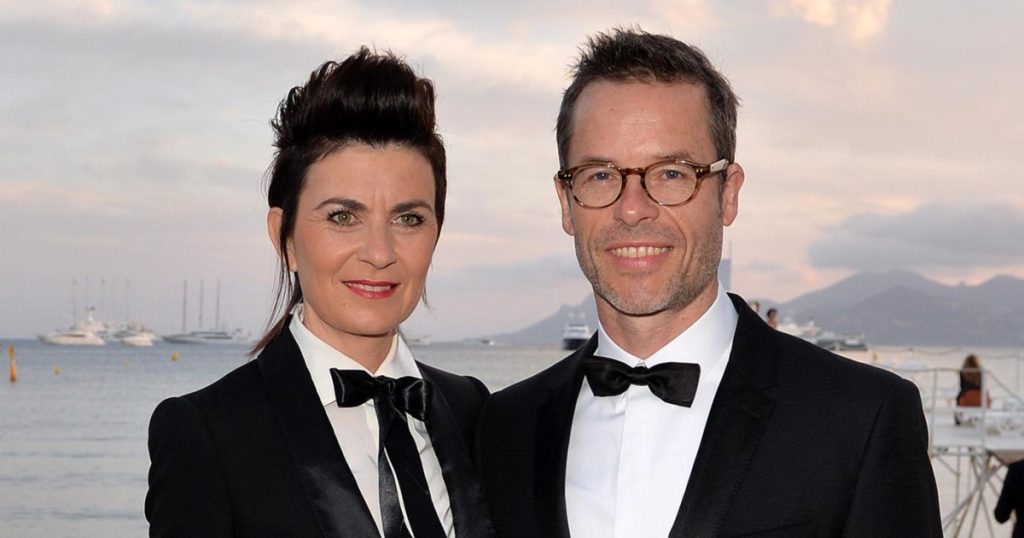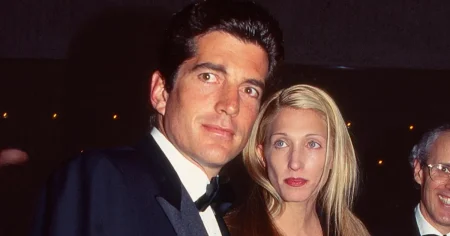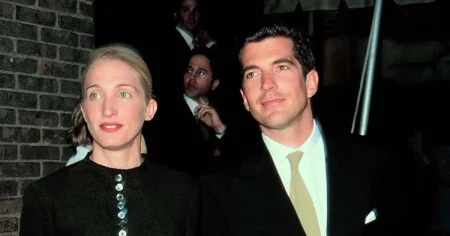Guy Pearce’s journey through love and life has been marked by significant relationships and personal growth. His early life and career intertwined with Kate Mestitz, whom he met during their formative years at Geelong College in 1980. Their bond, cultivated over decades, culminated in marriage in 1997, a union that lasted nearly two decades. Pearce often spoke of Mestitz as the greatest love of his life during their time together, reflecting a deep and enduring connection. However, life’s trajectory often takes unexpected turns, and in 2015, Pearce and Mestitz announced their separation, a decision that, while amicable, marked a pivotal point in both their lives. Pearce acknowledged the pain and devastation associated with the end of the marriage, admitting to feelings of having “messed up.” Despite the emotional turmoil, the separation was characterized by mutual respect and a continued appreciation for the years they had shared. Both parties emphasized their enduring friendship, suggesting a bond that transcended the romantic relationship. Pearce, in a poignant gesture, shared images of Mestitz on social media, reminiscing about the “best 20+ years” of his life spent with her.
Following his separation from Mestitz, Pearce embarked on a new chapter with actress Carice van Houten. The two began their relationship, and in 2016, they welcomed their son, Monte Pearce, into the world. This new arrival shifted Pearce’s perspective on love and life dramatically. He described Monte as the “greatest love of his life,” signifying the profound impact fatherhood had on him. While he acknowledged the enduring significance of his relationship with Mestitz, the birth of his son brought a new dimension of love and responsibility into his life. Pearce’s public pronouncements reflected the joy and wonder of parenthood, including a playful announcement of Monte’s arrival on social media. The family settled in the Netherlands, establishing a new home and foundation for their life together. The transition to fatherhood also influenced Pearce’s acting craft. He found himself more emotionally accessible, a contrast to the period after extensive therapy had tempered his emotional responses for acting purposes. Parenthood, he realized, had reconnected him with a vulnerability that enriched both his personal and professional life.
Pearce’s reflection on his marriage to Mestitz reveals a complex emotional landscape. He acknowledged feelings of failure and regret in the aftermath of their separation. These sentiments suggest a deep sense of responsibility for the breakdown of the relationship, a common experience for individuals navigating the complexities of divorce. However, over time, Pearce’s perspective evolved. He moved beyond self-blame and found a place of acceptance and growth. His ability to maintain a close friendship with Mestitz speaks to their maturity and commitment to respecting their shared history. The public nature of their separation, handled with grace and honesty, also reflects their capacity to navigate difficult emotions with integrity. Pearce’s journey exemplifies the multifaceted nature of relationships and the potential for personal evolution even amidst challenging circumstances.
The arrival of Monte Pearce marked a transformative period in Guy Pearce’s life. Fatherhood brought a new dimension of love and responsibility that profoundly affected him. He described Monte as the greatest love of his life, a testament to the power of the parental bond. This sentiment didn’t diminish the significance of his past relationship with Mestitz, but rather highlighted the unique and all-encompassing nature of parental love. Pearce’s public expressions of joy and wonder upon Monte’s birth revealed the depth of his emotional connection to his son. The move to the Netherlands, to co-parent with van Houten, signaled a commitment to creating a stable and nurturing environment for his child. This shift in geographical and personal priorities underscores the transformative impact of parenthood.
Beyond the personal sphere, the birth of Monte also impacted Pearce’s professional life, specifically his acting. He noted a renewed emotional vulnerability, a quality that had diminished after years of therapy designed to manage his emotional responses for acting purposes. The uninhibited love and connection he experienced with his son rekindled this emotional accessibility, enriching his performances and demonstrating the interconnectedness of life’s experiences. Pearce’s observations about living with his “heart on the outside” encapsulate the vulnerability and heightened emotional awareness that often accompany parenthood. This vulnerability, while potentially challenging, can also be a source of strength and creative inspiration.
In essence, Guy Pearce’s story is one of evolving love, personal growth, and the transformative power of parenthood. His journey reflects the complexities of human relationships, the capacity for change and growth, and the profound impact that life-altering events can have on shaping an individual’s identity and perspective. His story serves as a reminder that love can manifest in different forms throughout life, and that even endings can pave the way for new beginnings filled with meaning and purpose. Pearce’s candid reflections on his experiences offer a glimpse into the human experience of navigating love, loss, and the enduring power of family. His willingness to share his personal journey provides a relatable and poignant narrative of evolving love and the transformative impact of parenthood.














